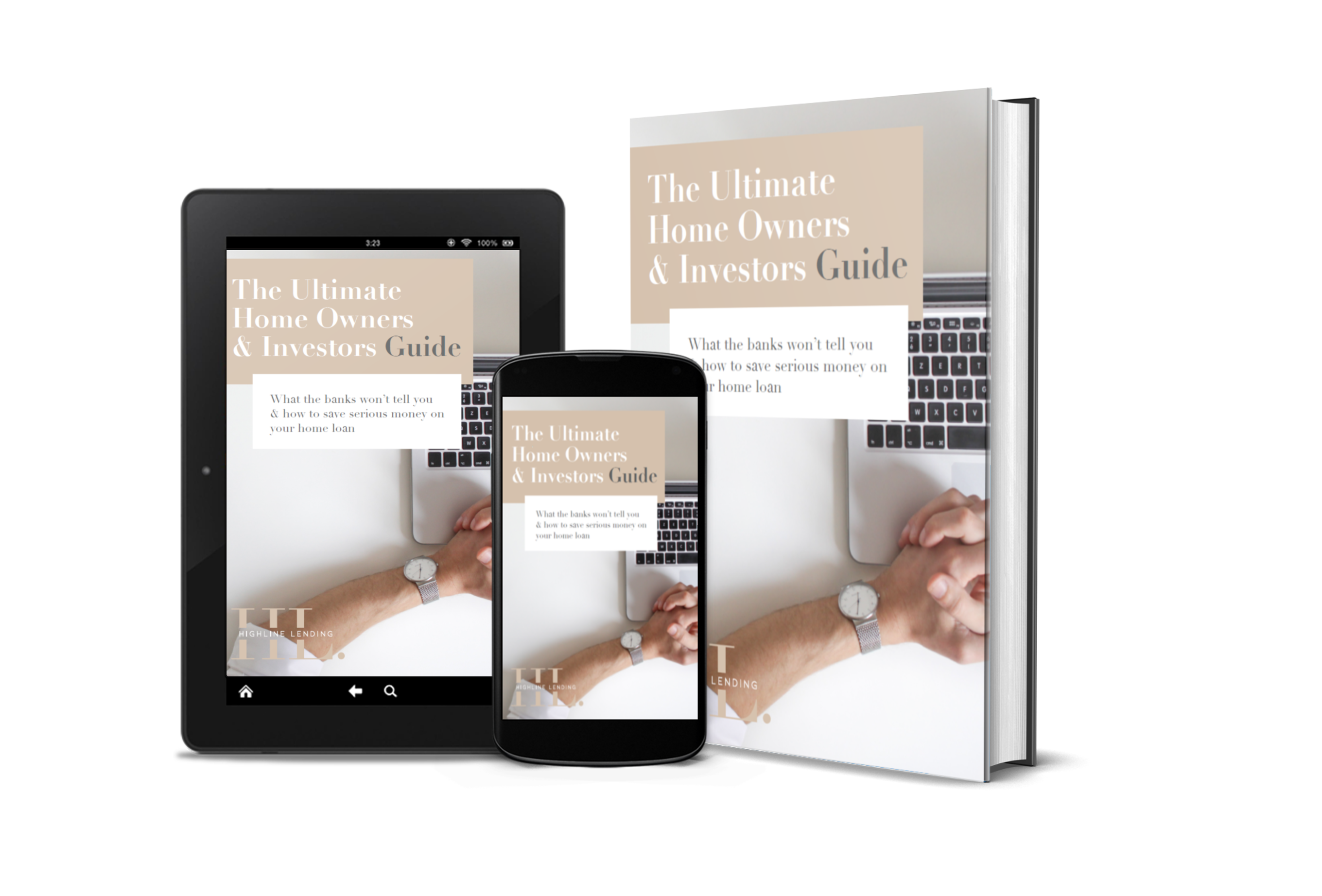
Access our free e-guides
Whether you’re a first home buyer looking at entering the market or an existing home owner looking at ways to save money on your home loan, we have you covered. We’ve put hundreds of hours of research into these guides to ensure you end up ahead, and it’s completely on the house.